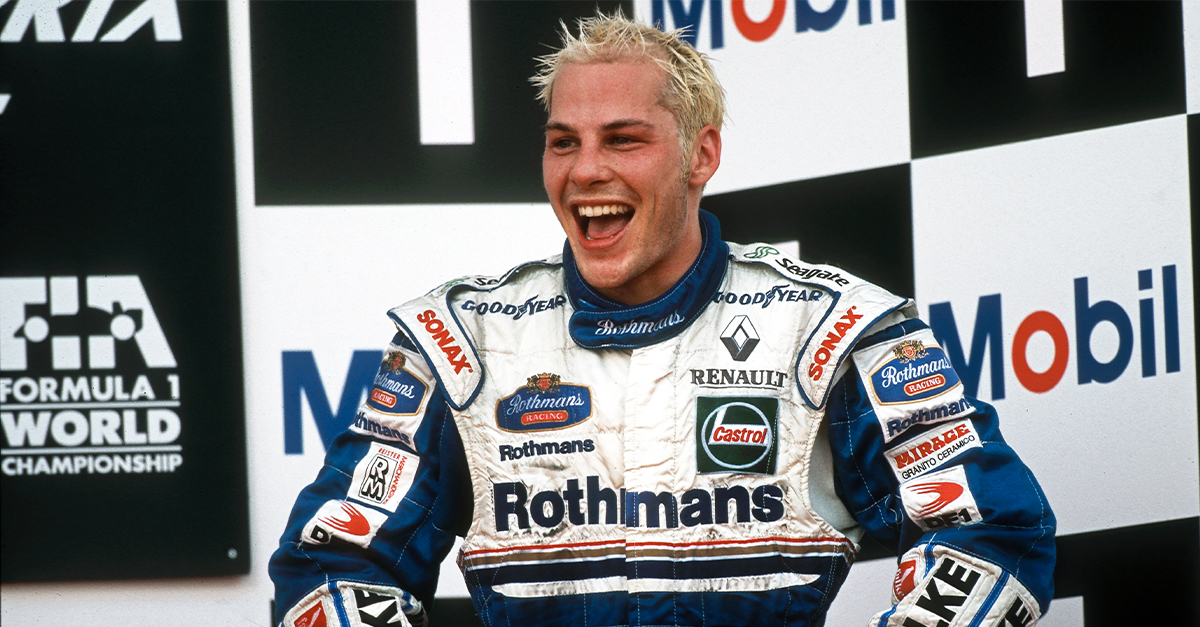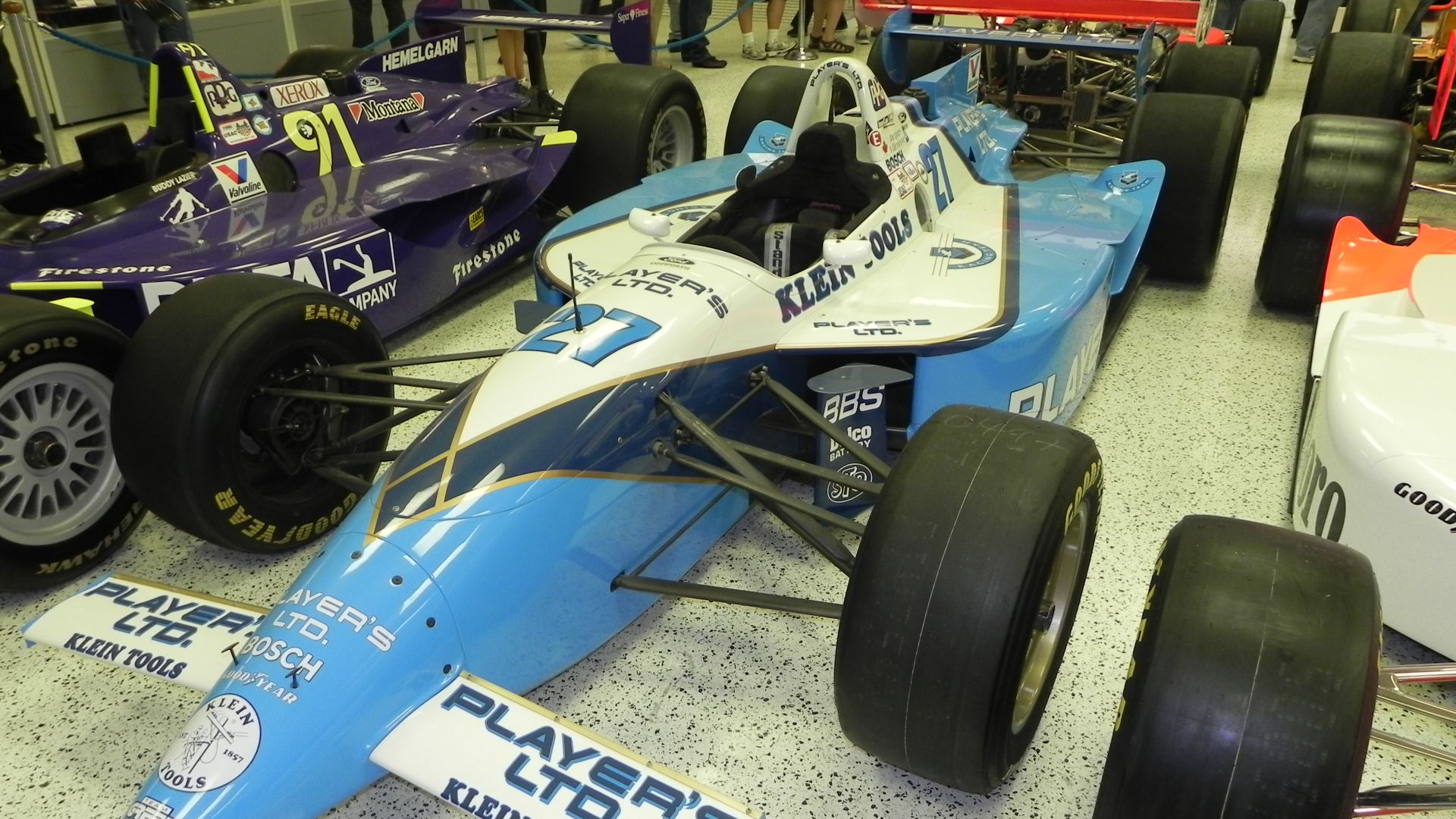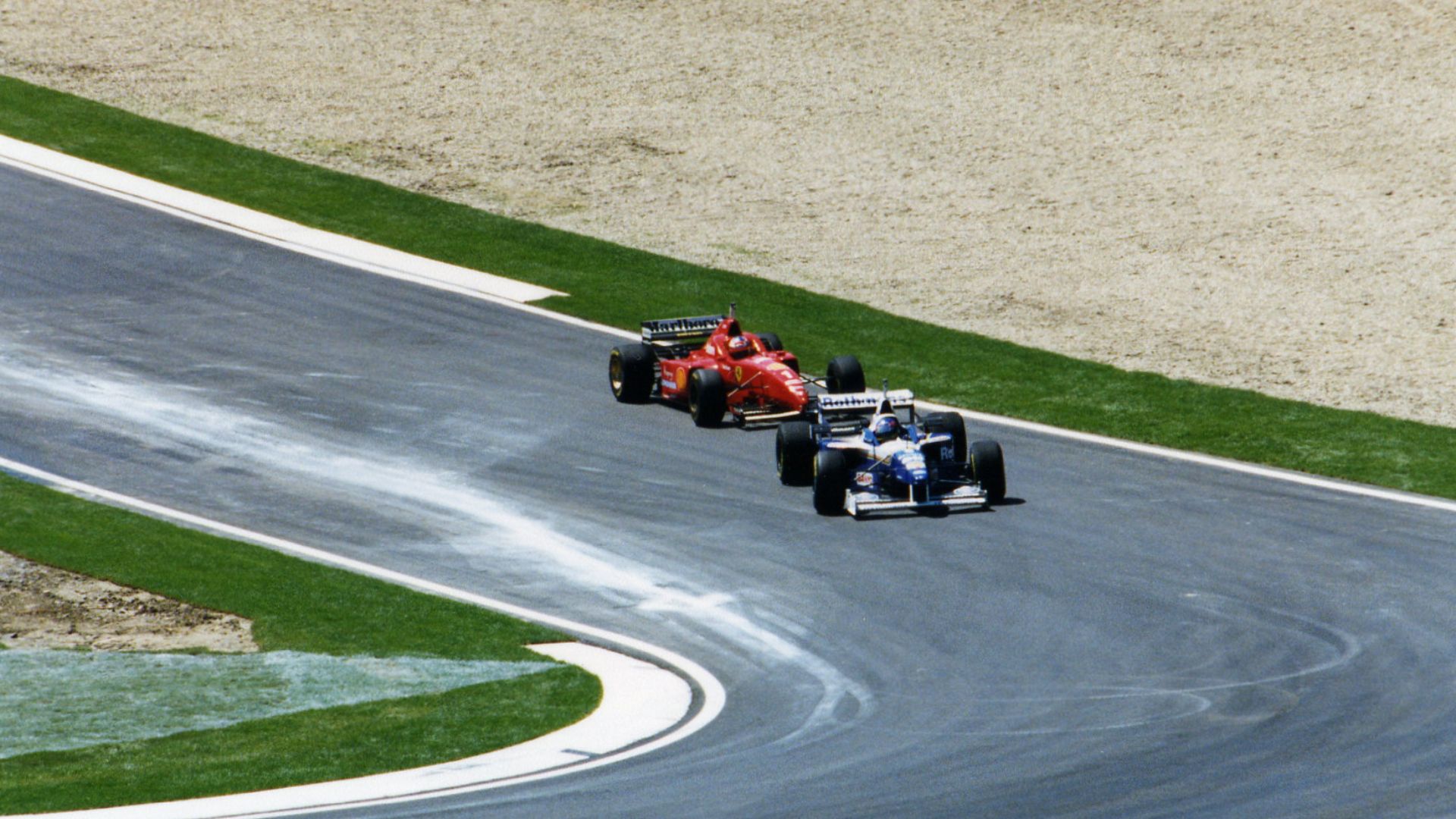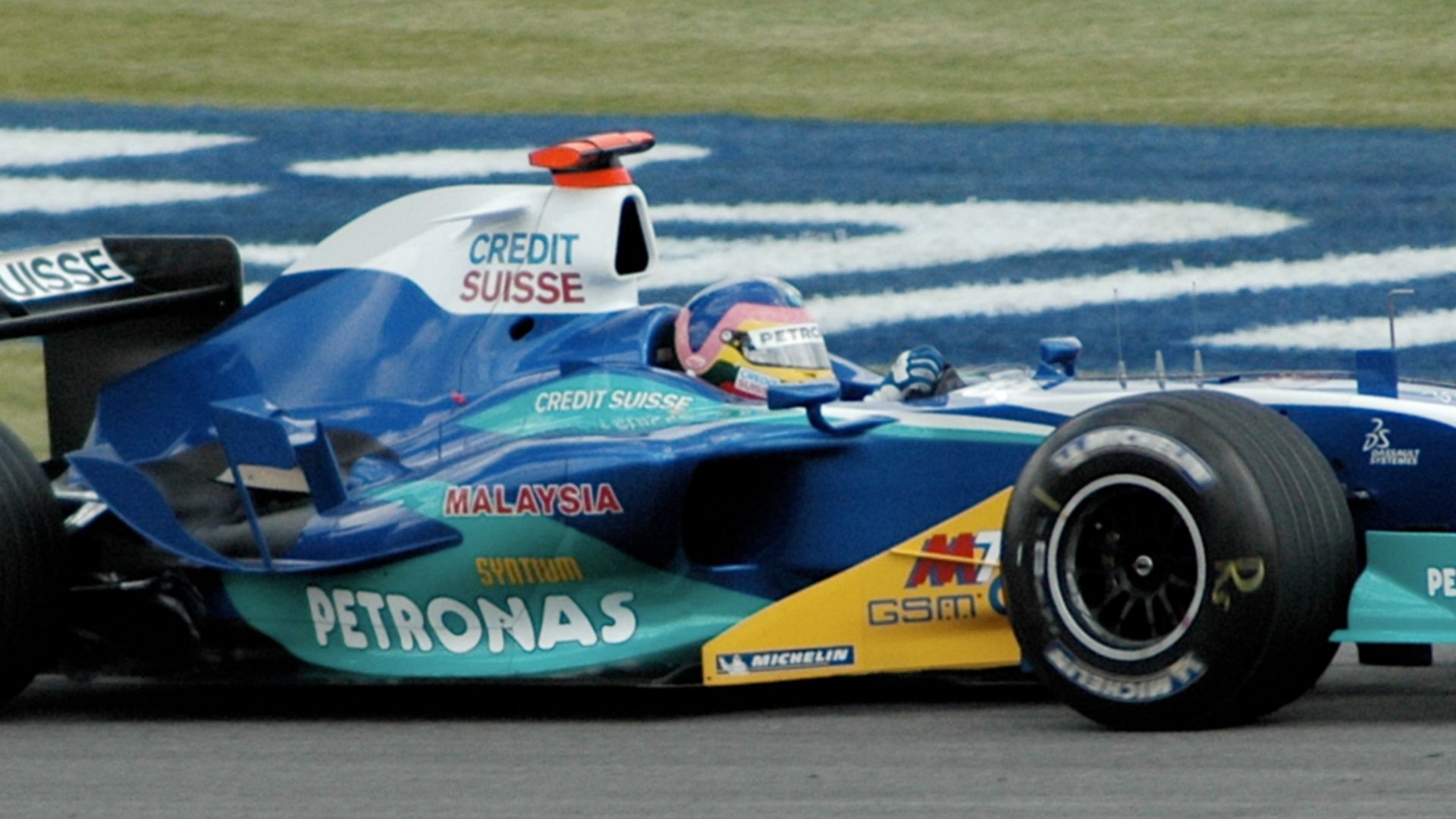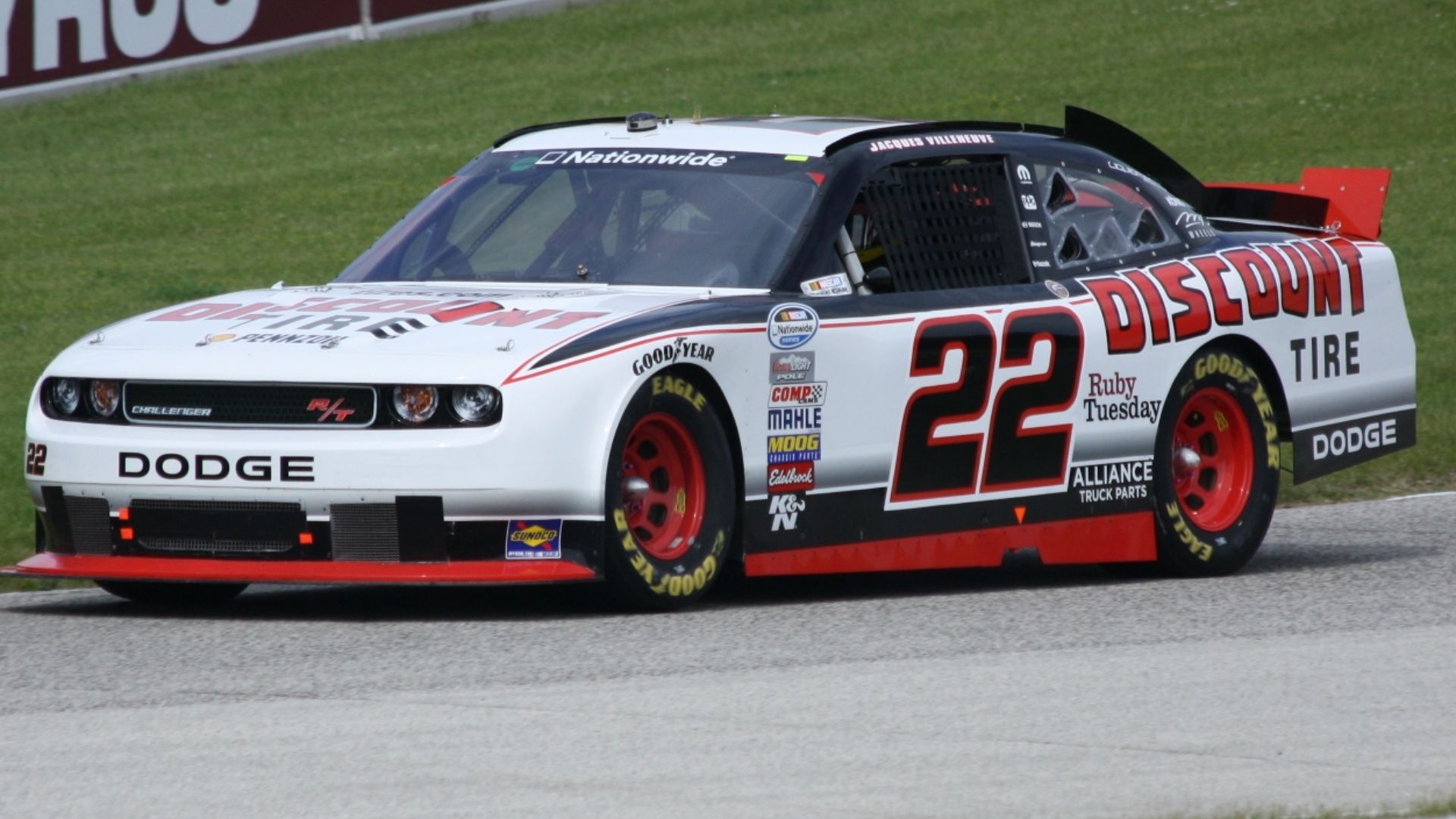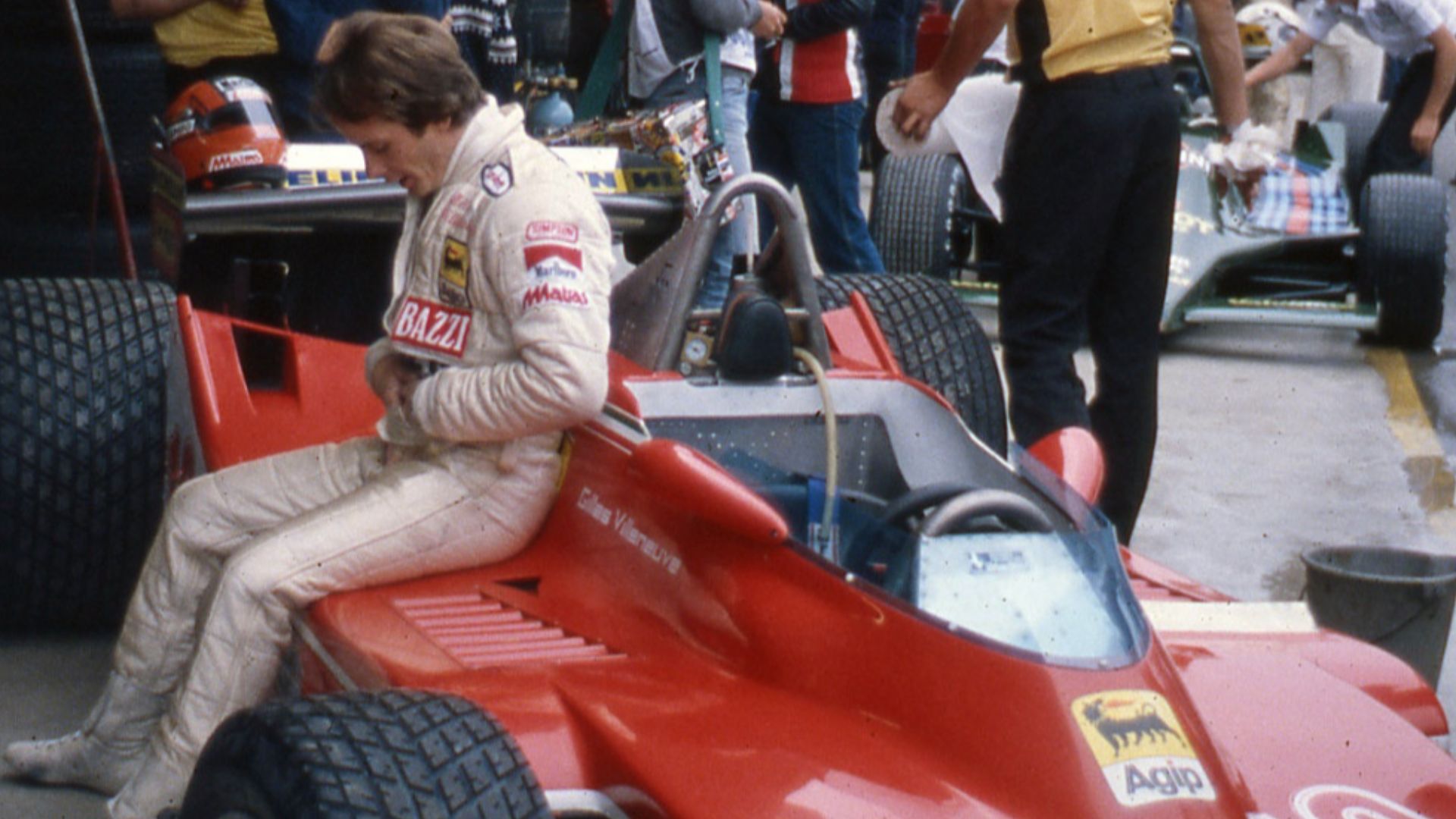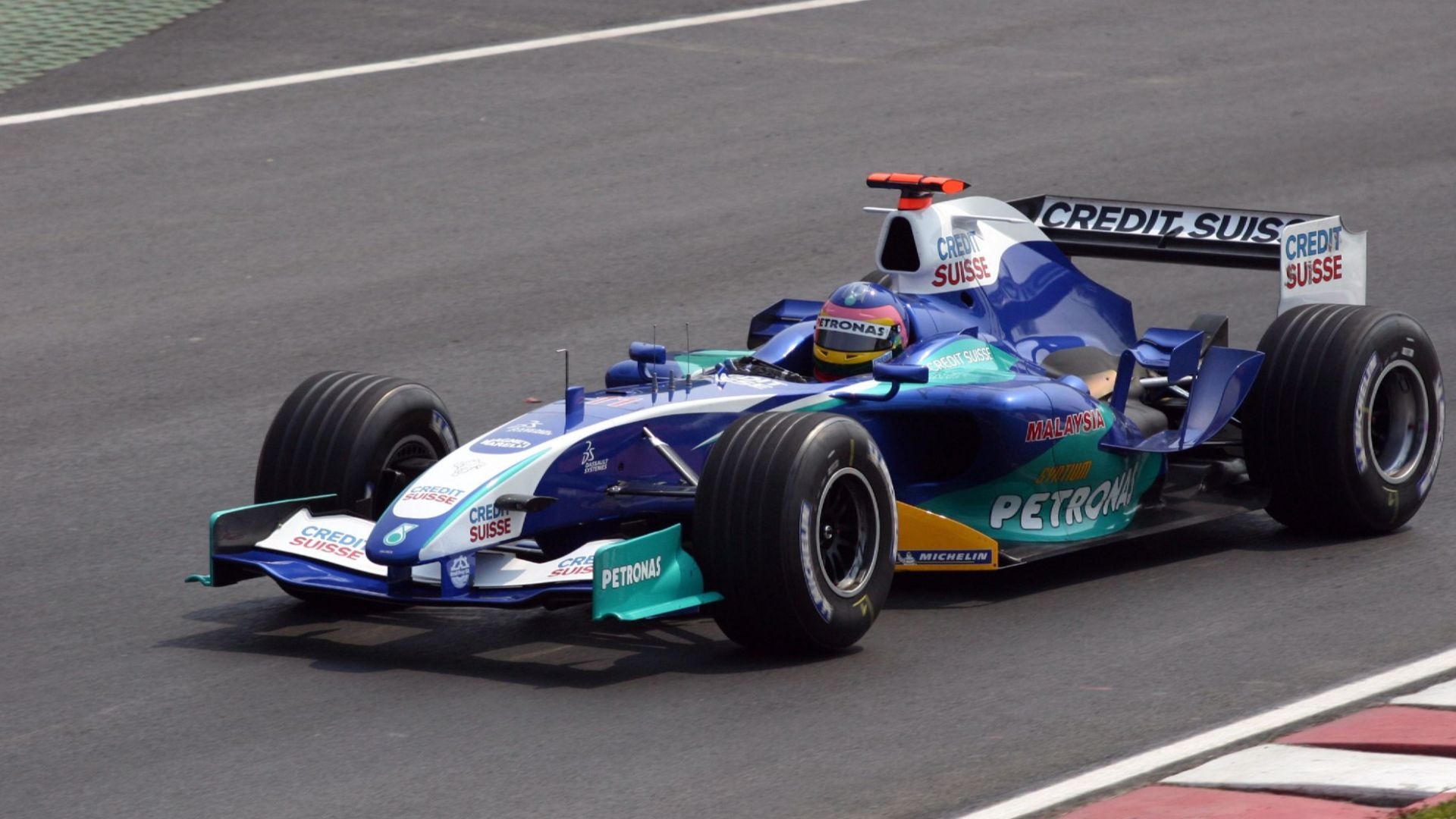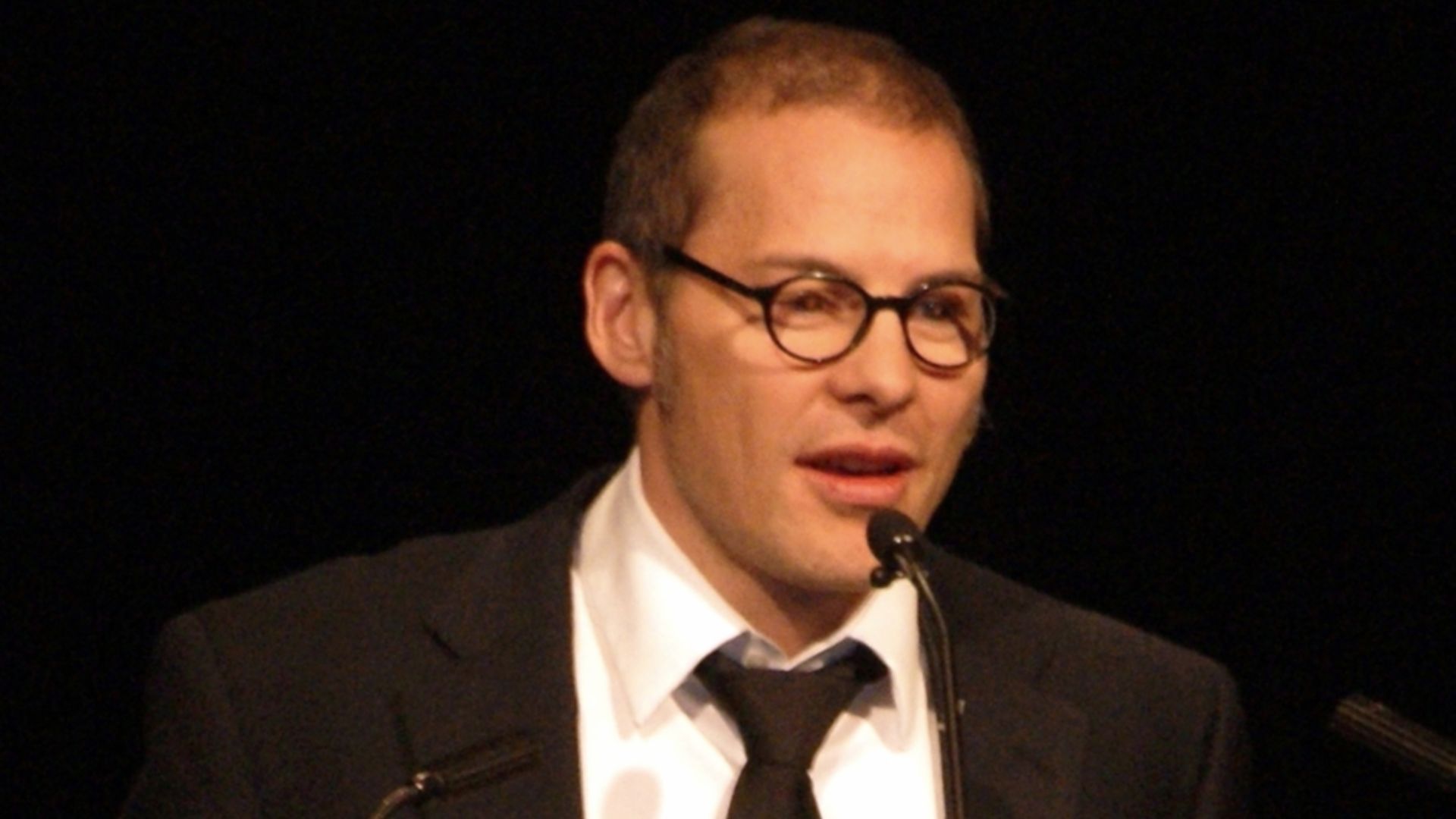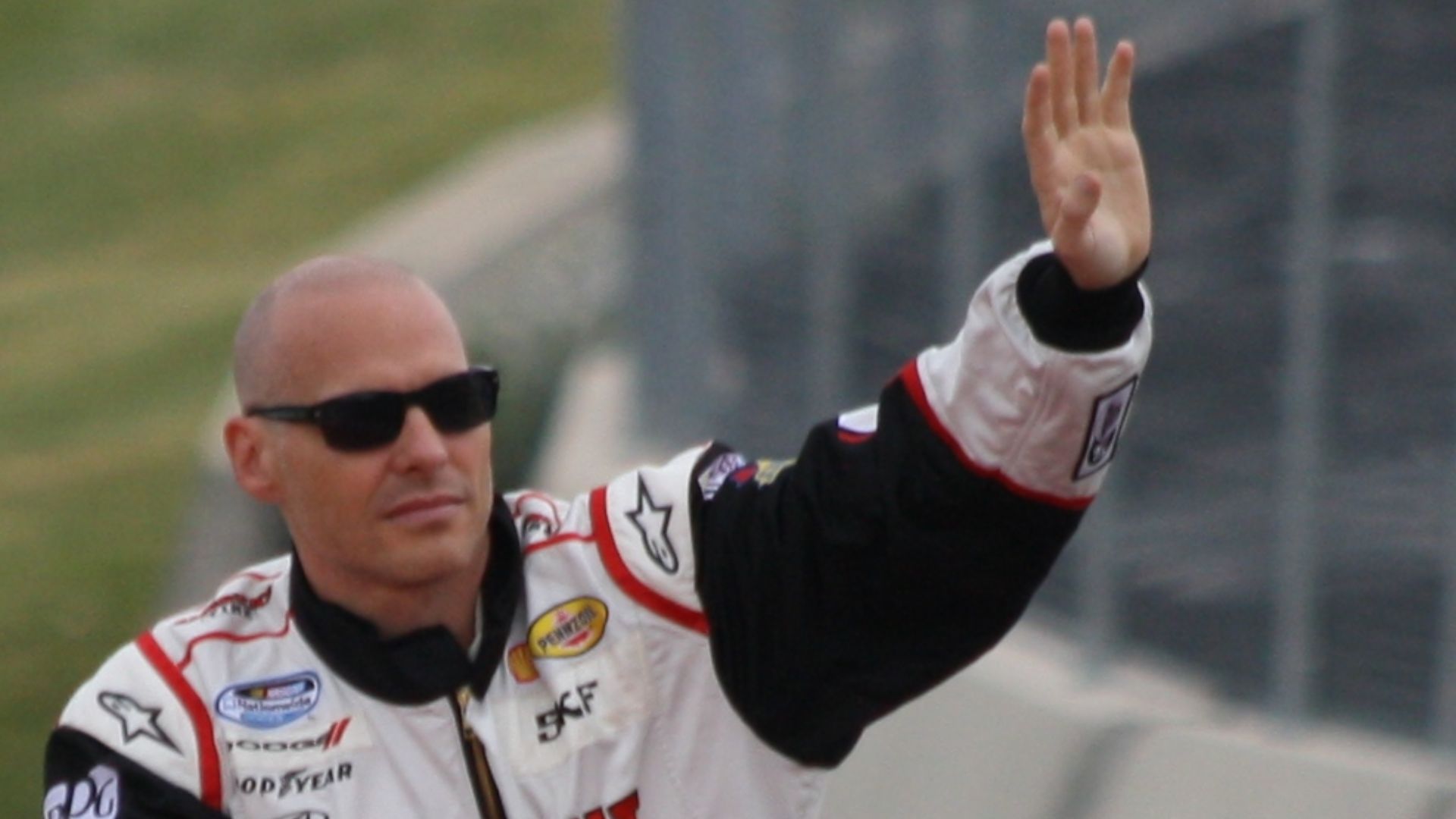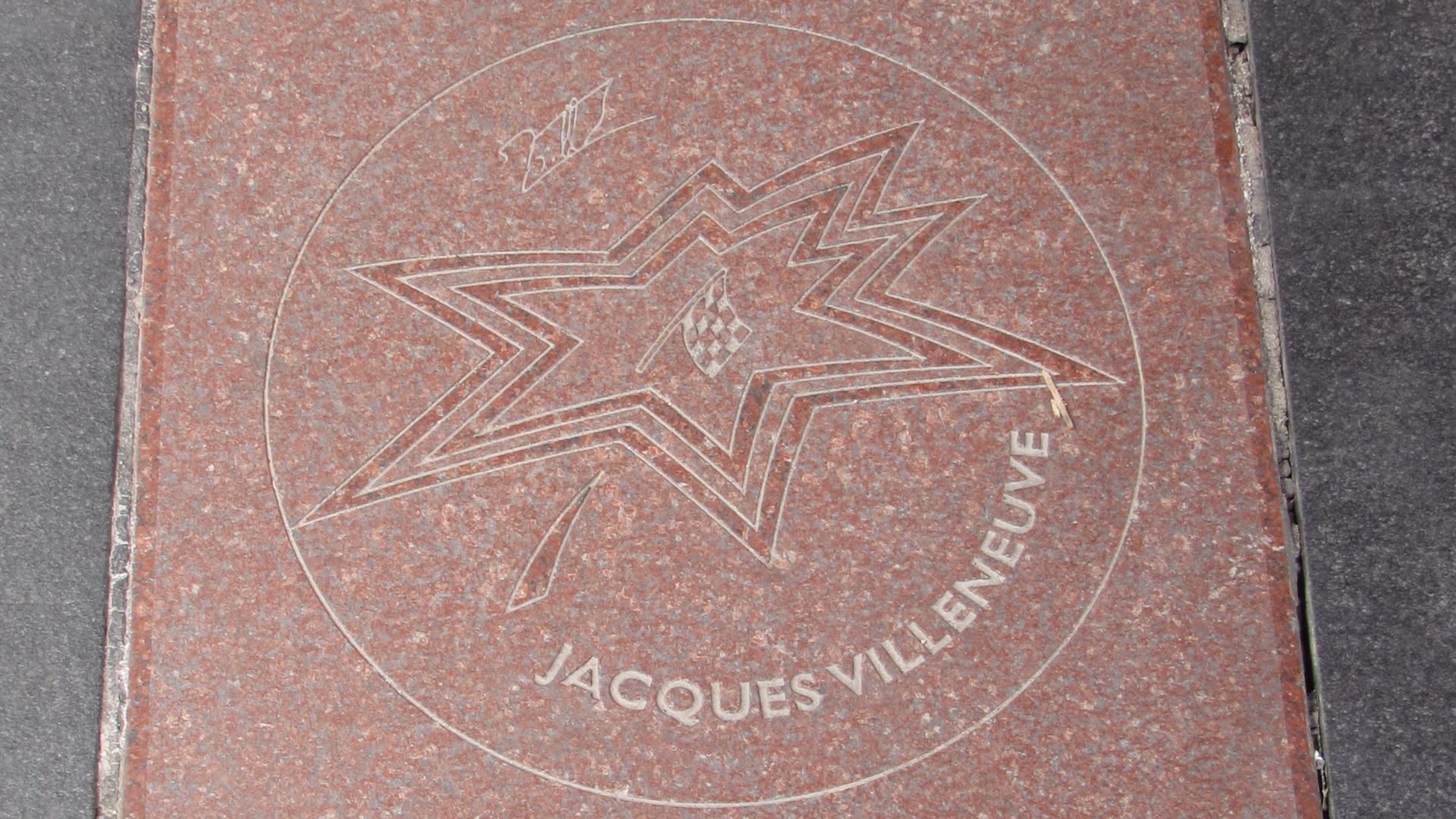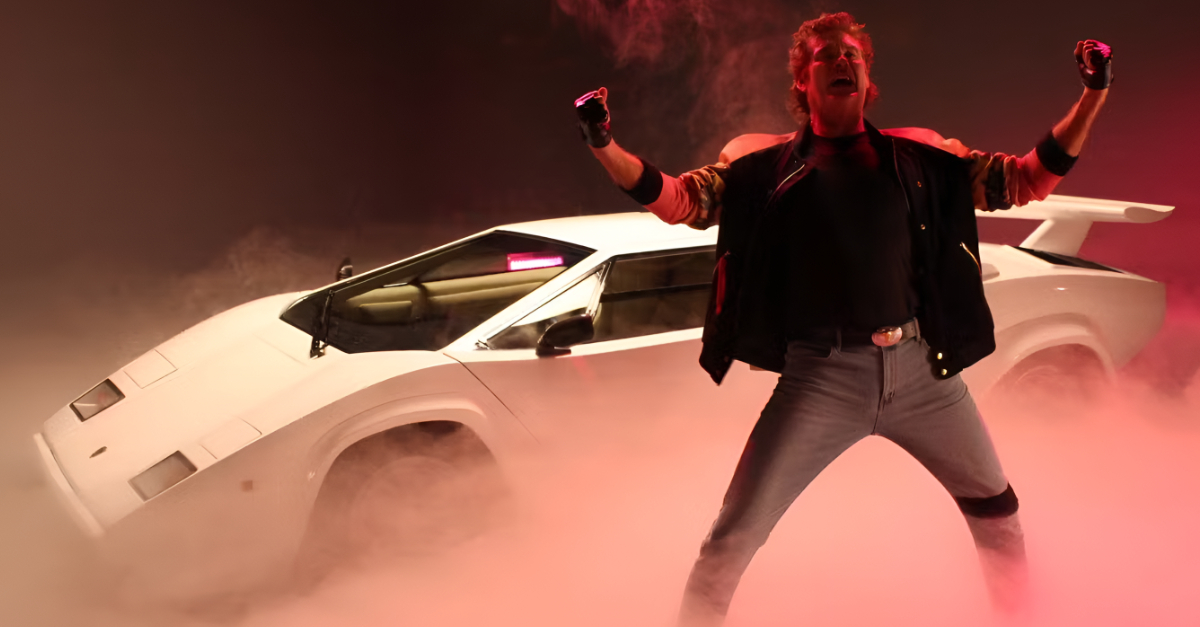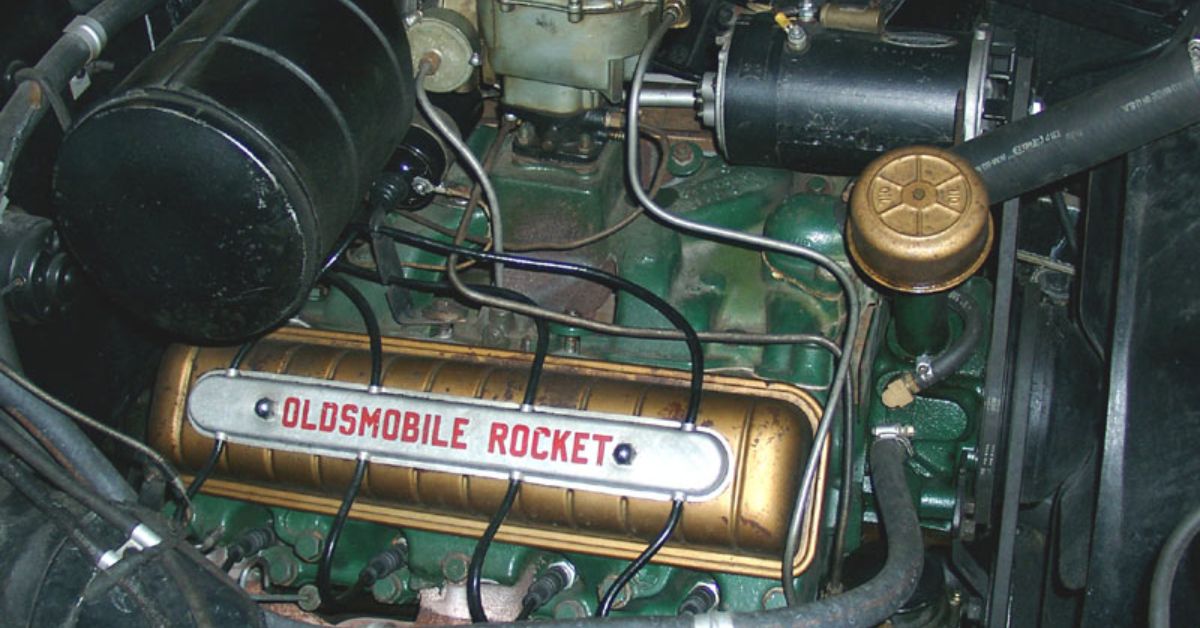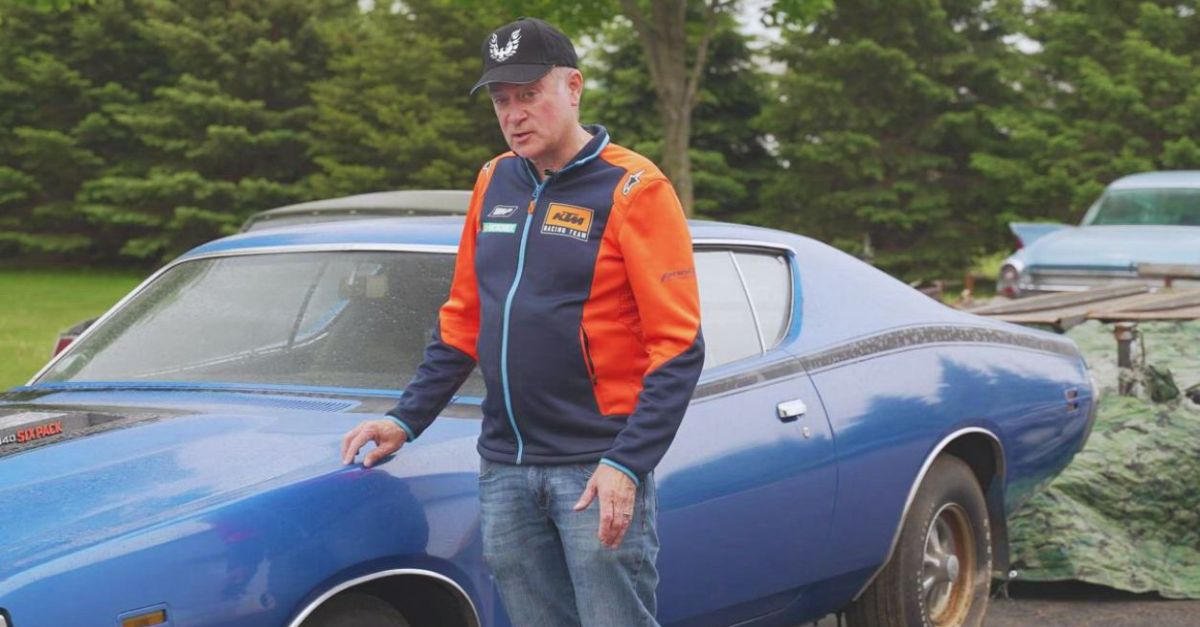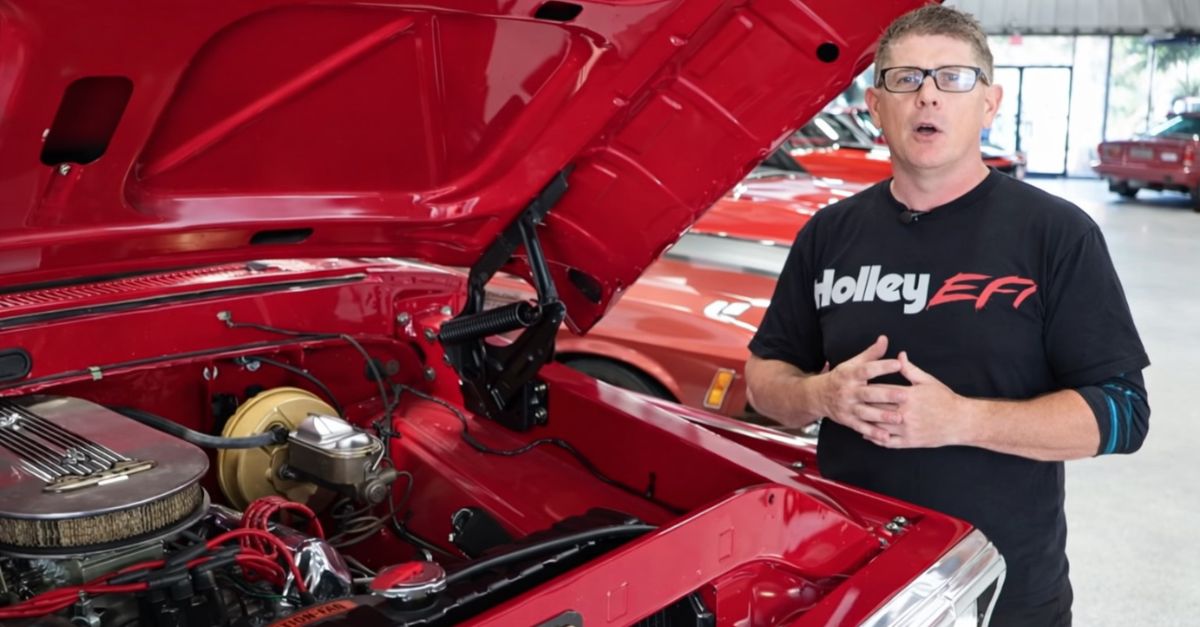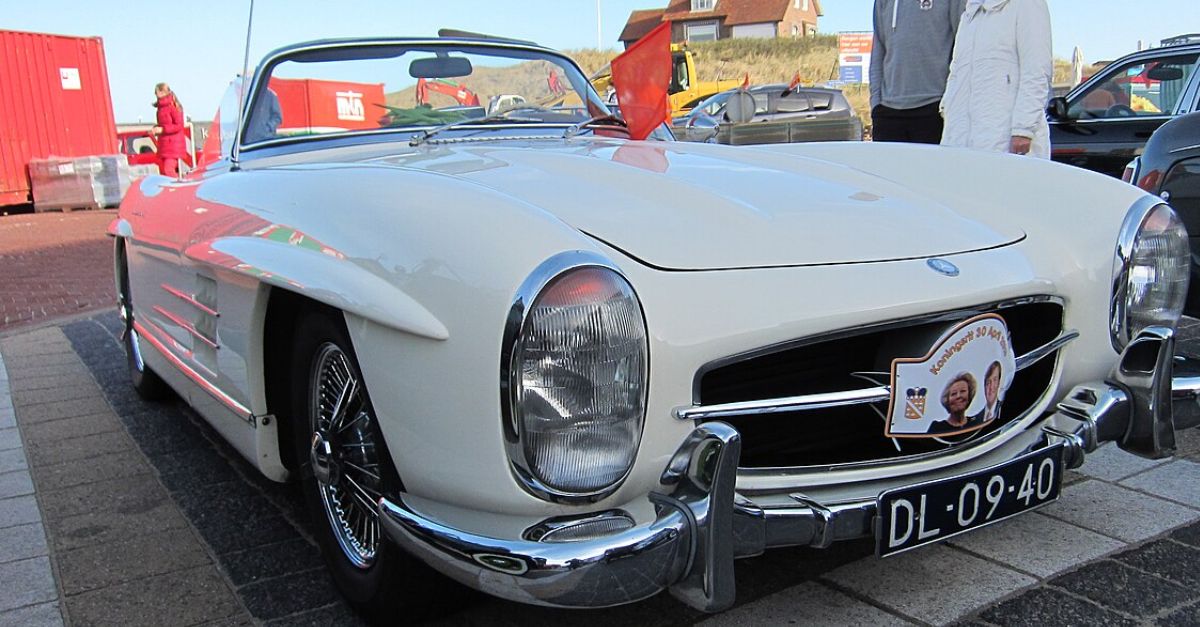A Legacy Of Two Generations
Few stories in racing carry as much emotion as that of Gilles and Jacques Villeneuve. A father’s artistry behind the wheel and a son’s determination to honor his memory created one of Formula One’s most unforgettable dynasties. It was a tale of triumph, tragedy, and destiny that unfolded over two decades.
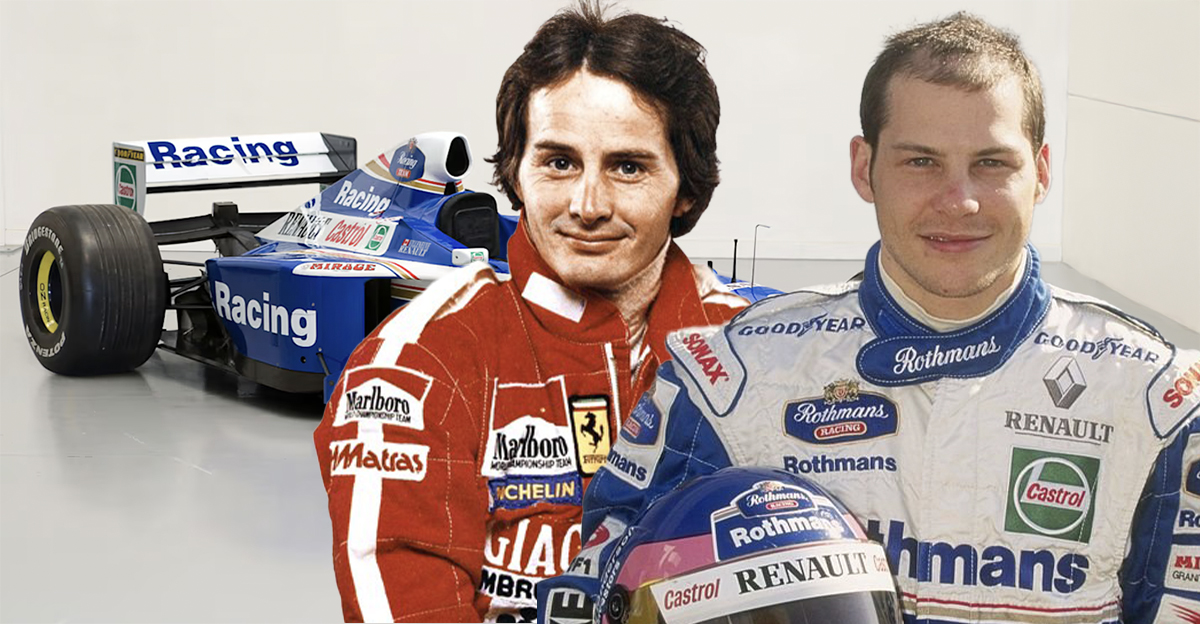
Gilles Villeneuve’s Rise To Fame
Born in Saint-Jean-sur-Richelieu, Quebec, Gilles Villeneuve’s natural skill behind the wheel was evident from his earliest snowmobile races. His daring, aggressive style caught the immediate attention of Enzo Ferrari, who called him “a Canadian with the heart of a lion.” By the late 70s, Gilles had become Ferrari’s brightest star: fearless, brilliant, and beloved.
 Hayden Soloviev, Wikimedia Commons
Hayden Soloviev, Wikimedia Commons
The Ferrari Years
At Ferrari, Gilles Villeneuve built a reputation as one of the sport’s purest racers. Fans marveled at his courage, never yielding a corner even when victory seemed impossible. His wheel-to-wheel battles, especially with René Arnoux in 1979, made him a racing legend in his own time. Though he never won a championship, Gilles symbolized the passion that defined Ferrari’s golden era.
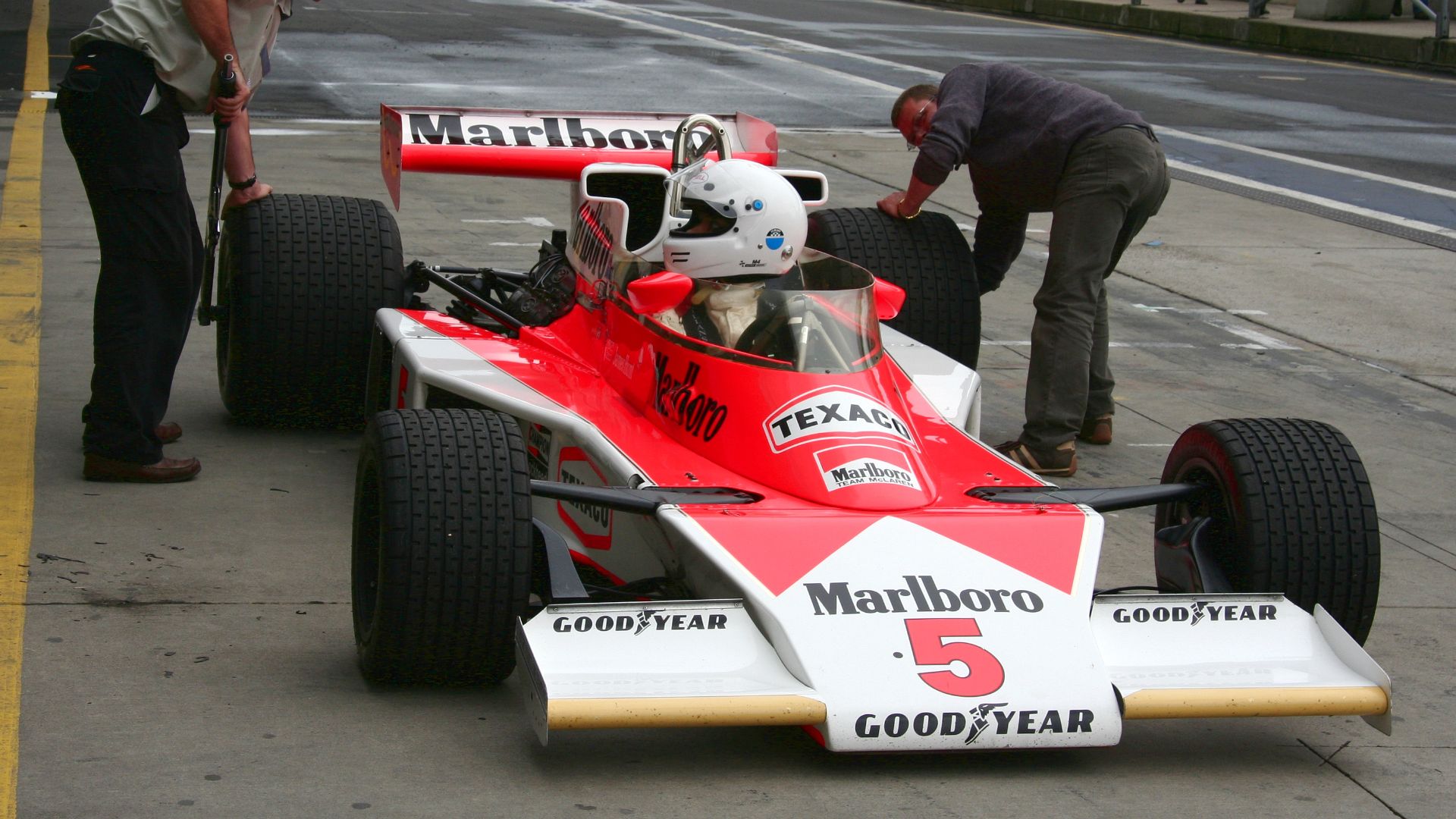 Lothar Spurzem, Wikimedia Commons
Lothar Spurzem, Wikimedia Commons
The Tragic Weekend Of 1982
On May 8, 1982, tragedy struck at Zolder in Belgium. During qualifying, Gilles Villeneuve collided with Jochen Mass at high speed. His Ferrari broke apart, and just like that, the fearless Canadian who had captivated the racing world was gone. He was 32. The loss rocked Formula One, and left his young son Jacques without his dad.
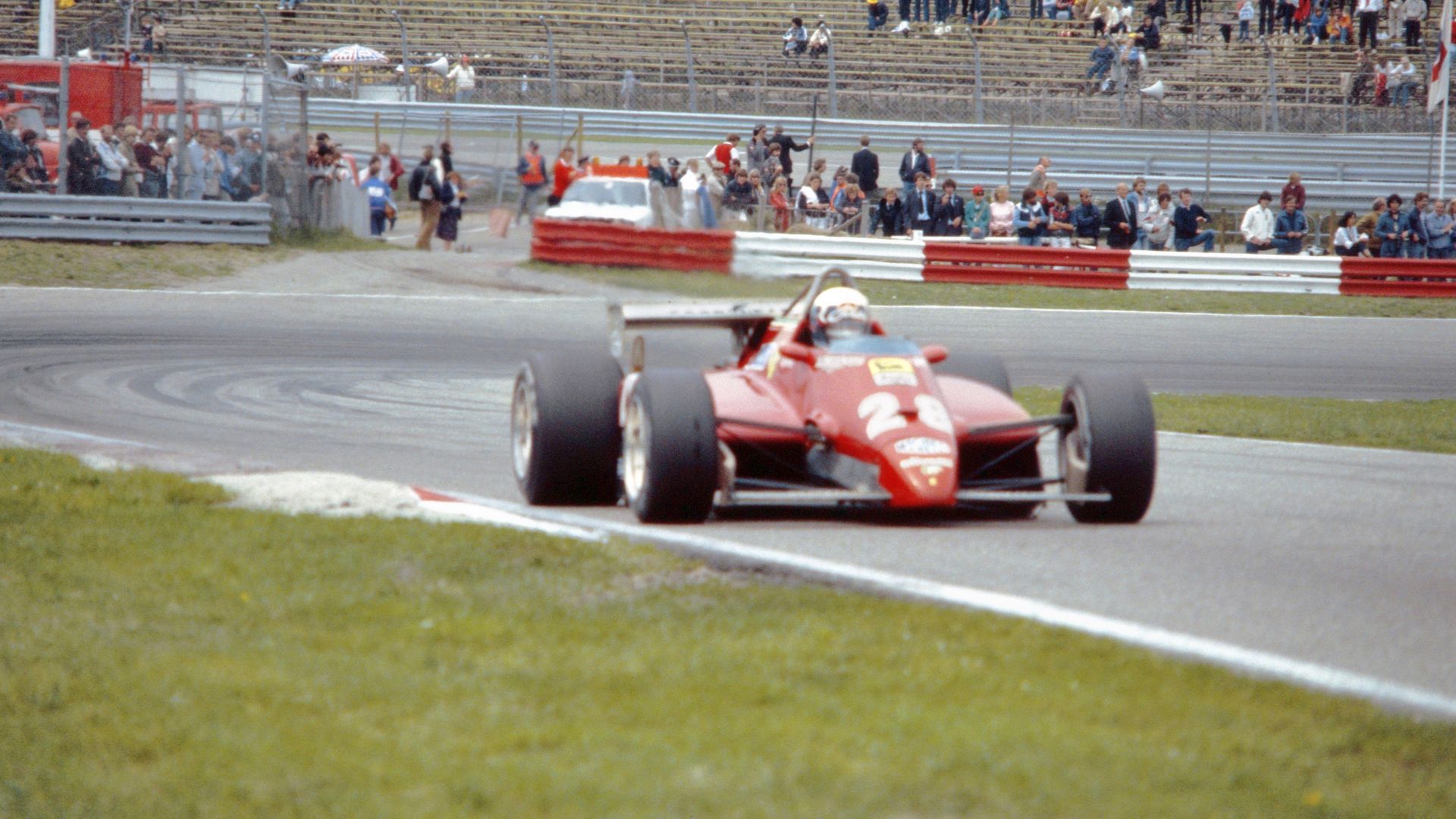 Hans van Dijk for Anefo, Wikimedia Commons
Hans van Dijk for Anefo, Wikimedia Commons
A Son Shaped By Loss
Jacques Villeneuve was just 11 when the accident claimed his father’s life. The grief stayed with him, fueling an ambition not to live in Gilles’s shadow but to finish the task his father began. He inherited Gilles’s daring spirit but paired it with a methodical, intellectual approach to racing that would one day set him apart on a victorious path of his own.
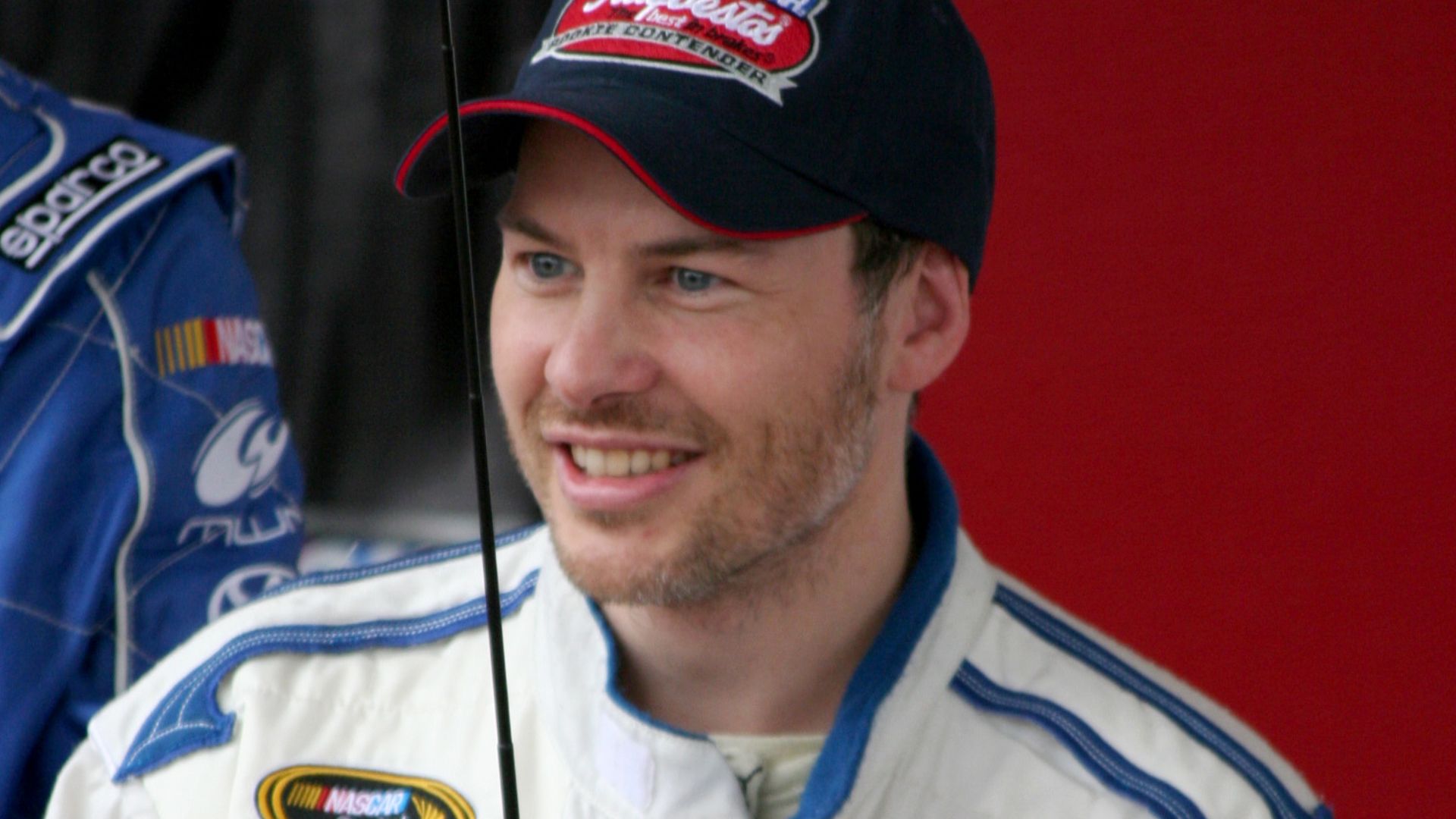 Freewheeling Daredevil, Wikimedia Commons
Freewheeling Daredevil, Wikimedia Commons
Early Ambitions And Education
Unlike his father, Jacques took formal training as a driver, attending the Jim Russell Racing Driver School in Quebec. He began racing professionally in the early 90s; his remarkable composure and precision quickly showed everyone that he was for real. Within a few years, he was competing in Formula Atlantic and then IndyCar, rising through the ranks with the poise of a driver destined for greatness.
The Road To Indy
In 1995, Jacques Villeneuve joined Team Green in the CART IndyCar World Series. His breakthrough came that year at the Indianapolis 500, where he came back from two laps down to win one of the world’s most prestigious races. That same season, he also captured the CART Championship. It was spectacular proof that he was more than Gilles’ son. He was a champion in his own right. But Jacques’ drive for success wasn’t finished there.
From Indy To Formula One
Jacques’s IndyCar success earned him recognition around the world. In 1996, he joined the Williams Formula One Team, replacing Damon Hill’s rival spot. With his customary combination of technical skill, calm under pressure, and a fearless streak reminiscent of his father, Jacques made an immediate splash. He finished second in his rookie season and had now set the stage for a historic breakthrough.
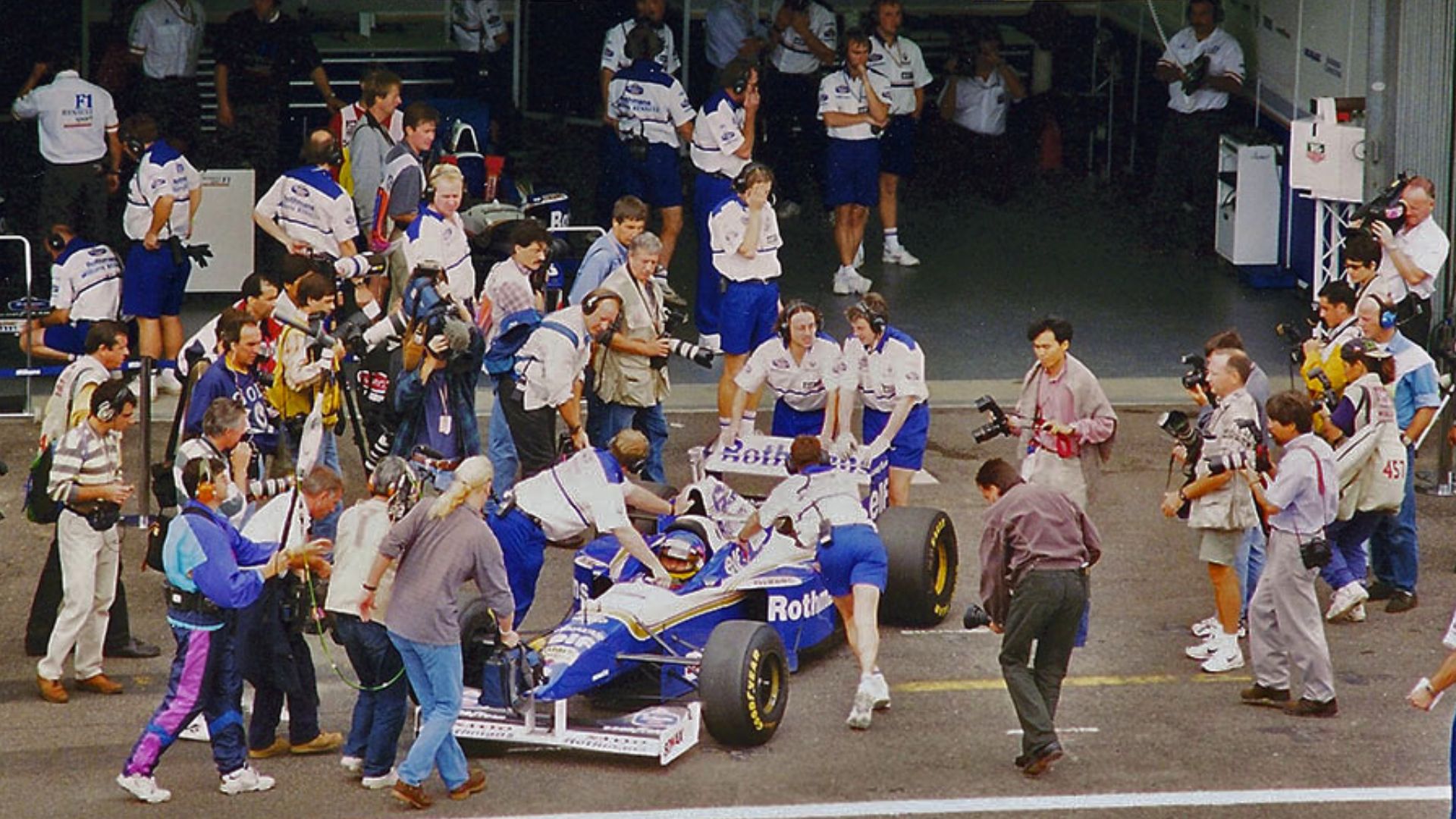 Andrew-44-19, Wikimedia Commons
Andrew-44-19, Wikimedia Commons
The 1997 Season
The 1997 Formula One season soon took shape as a fierce battle between Jacques Villeneuve and Ferrari’s Michael Schumacher. Both drivers traded wins and controversy, but Villeneuve’s consistency kept him in the hunt right down to the season’s final race: the European Grand Prix at Jerez, Spain. Before the race that day, he stood just one point behind Schumacher, setting the stage for one of F1’s most dramatic finales.
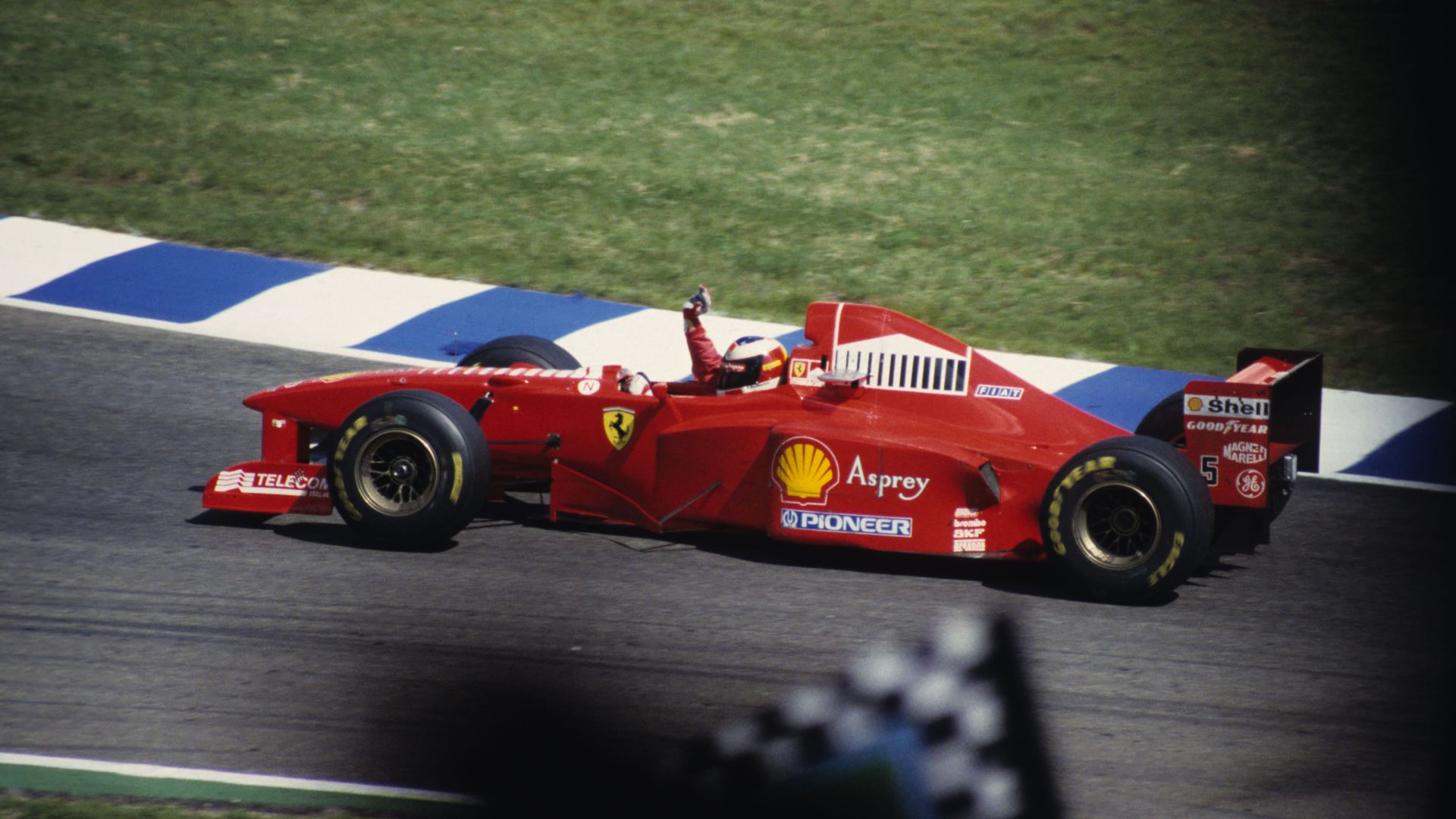 Cord Rodefeld from Ulm, Germany, Wikimedia Commons
Cord Rodefeld from Ulm, Germany, Wikimedia Commons
The Jerez Showdown
In the championship race at Jerez, Schumacher took an early lead, but on lap 48, Villeneuve made a bold move on the inside. Schumacher turned into Villeneuve, attempting to block him and hit Villeneuve’s car. Schumacher was forced out, while Jacques coolly continued on to take third, sealing the 1997 World Drivers’ Championship. Schumacher was later disqualified for unsportsmanlike conduct.
1997: Year In Review
During the 1997 Formula One World Championship, Jacques Villeneuve emerged as a breakout talent for Williams, capturing seven Grand Prix victories and securing pole position on 10 occasions. His best races included dominant performances in the Spanish and Austrian Grand Prix.
 Paul-Henri Cahier, Getty Images
Paul-Henri Cahier, Getty Images
He Completed A Family Dream
When Jacques Villeneuve stepped from his Williams car that day, he had done what his father was unable to: win the Formula One World Championship. For Canada, it was a moment of pride; for Jacques, it was a moment of healing. Gilles’s spirit seemed to be present in every lap, every risk, every victory.
Life After The Championship
After 1997, Villeneuve’s F1 career went through some turbulent years. Williams declined, and his later stints with BAR and Sauber never reached the success of his peak. But his technical insight and candor made him one of F1’s most respected personalities as an outspoken driver unafraid to challenge convention. It was one more way of following in his father’s footsteps.
Beyond Formula One
Jacques Villeneuve’s post-F1 career took him across various racing disciplines, including NASCAR, Le Mans, Formula E, and even the Indy 500 again. Though none of these other ventures brought the glory of 1997, his versatility and willingness to adapt to all forms of racing reflected his lifelong love of the sport. To Jacques, competition itself was its own reward.
Remembering Gilles Villeneuve
Decades after Gilles’s death, his legend endures. Ferrari fans still chant his name at Monza, and a corner in Montreal bears his name. To many people he was the absolute living symbol of pure racing, a driver who valued courage and artistry over points. His influence shaped Jacques of course, but it also influenced generations of other racers as well. No better example of Gilles’ mastery can be found than the 1981 Spanish Grand Prix.
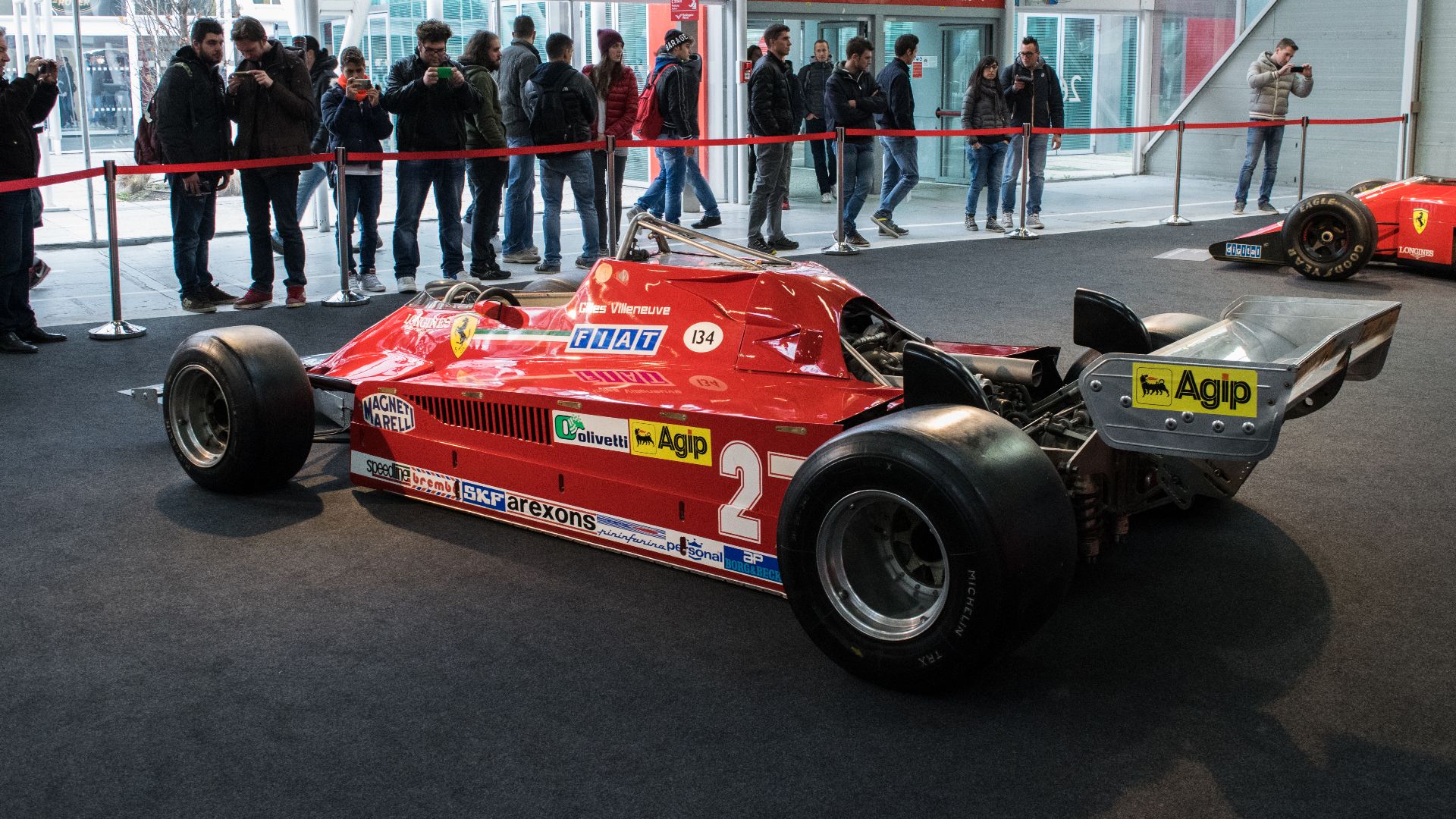 Maurizio Cefariello, Wikimedia Commons
Maurizio Cefariello, Wikimedia Commons
Gilles’ Greatest Triumph: I
Gilles Villeneuve’s triumph in the 1981 Spanish Grand Prix at Jarama stands as a masterpiece of racing finesse and resilience. Despite starting seventh on the grid, he surged into early contention, overtaking opponents with daring and precision. When Alan Jones spun out on lap 14, Villeneuve seized the lead. What happened next was a clinic in racing by your wits.
Gilles’ Greatest Triumph: II
Now holding a slim lead, Gilles then held off a four-car train of rivals. Each competitor was less than 1.24 seconds behind him at the finish. In a Ferrari hampered by handling issues on the tight, twisty circuit, Villeneuve used raw horsepower and strategic craft to cling to victory for his sixth and final F1 win.
Jacques Villeneuve’s Racing Philosophy
Jacques often spoke about his father’s influence, that racing wasn’t just about speed, but about identity. “My father taught me to be myself,” he once said. “He never drove to please anyone else and neither do I.” That individualistic approach was the right idea for Jacques, and it became his trademark, on the track and off.
The Burden Of Comparison
For years, Jacques faced endless comparisons to Gilles, often unfairly. But instead of pushing that idea away, he embraced it as a competitive challenge. “I was never trying to be him,” Jacques once said. “I was trying to finish what he started.” Ove the years that resolve transformed into a guiding inspiration.
Canadian Connection
Both Gilles and Jacques hold a special place in Canada’s heart. Their track record was forever proof that passion and talent from a small Quebec town could rival the world’s best. Their legacy helped make racing a source of national pride and defined Canada’s contribution to racing history.
Lessons From The Villeneuves
The Villeneuve story is proof that greatness is rarely instantaneous. It’s earned through risk-taking, resilience, and the courage to carry on when all looks lost. Jacques Villeneuve’s victory was a racing achievement, and an incredible example of the power of family and legacy.
A Legacy Forever Linked
Today, the Villeneuve name stands for more than speed. It symbolizes how love and loss can shape destiny. In 1997, Jacques closed a circle that began in 1979 when Gilles first put the pedal to the metal and made us all dare to believe that a Canadian could be world champion.
You May Also Like:
Formula One's Most Bitter Teammate Rivalries
The Most Popular F1 Drivers And Teams, According To The Most Recent Poll

